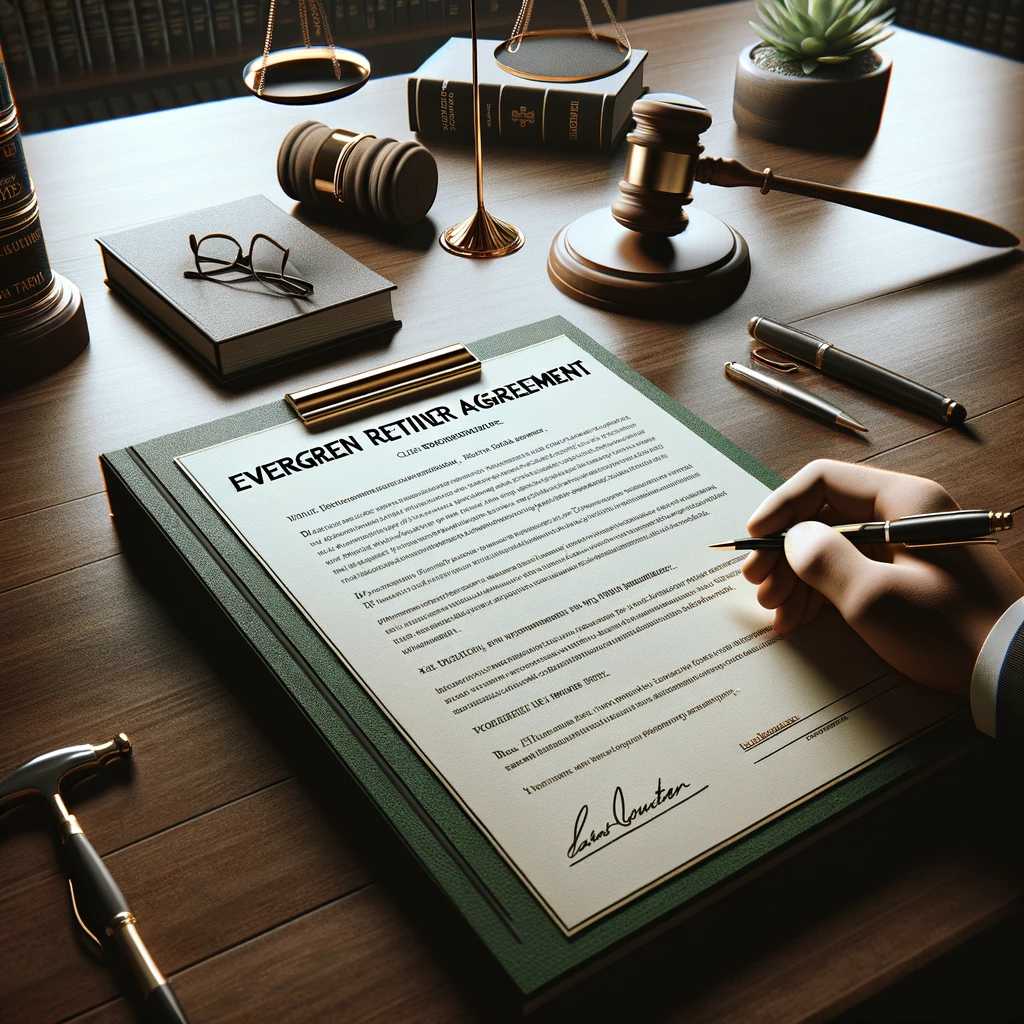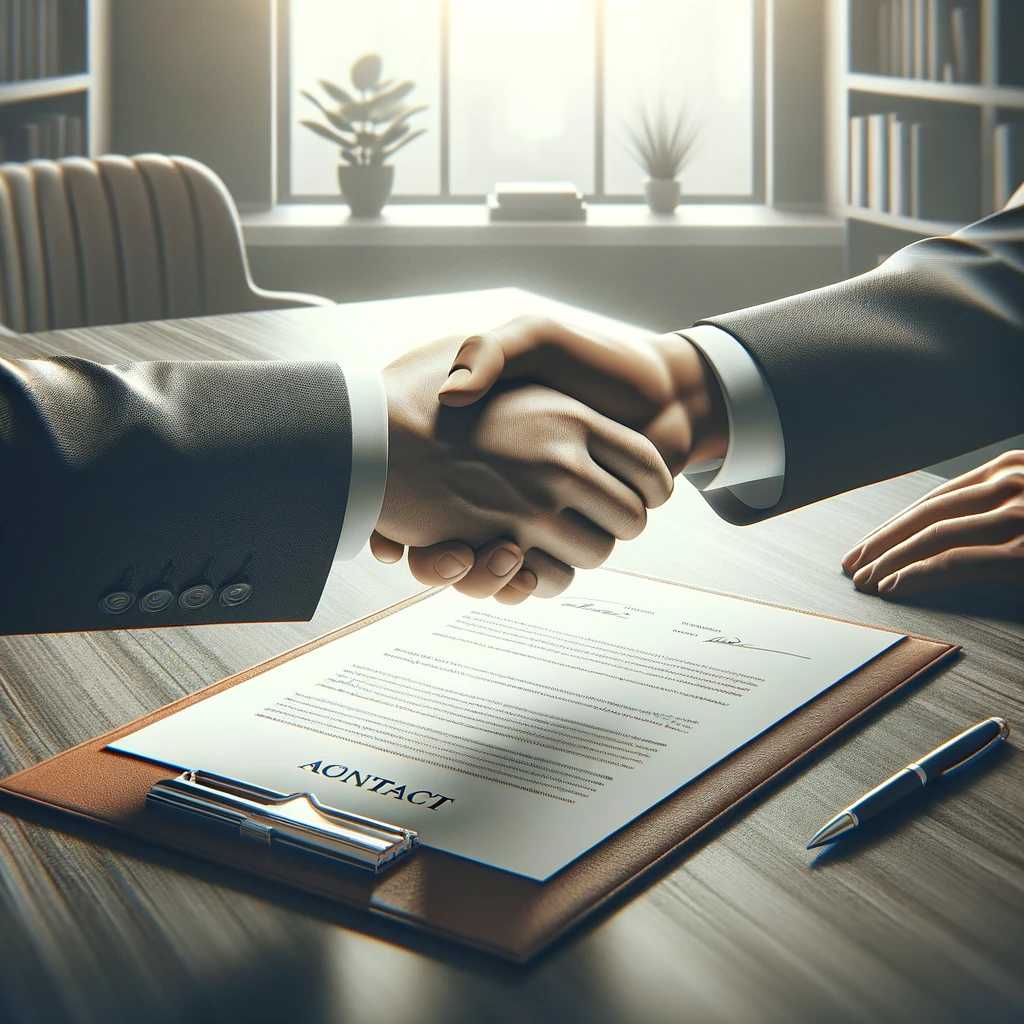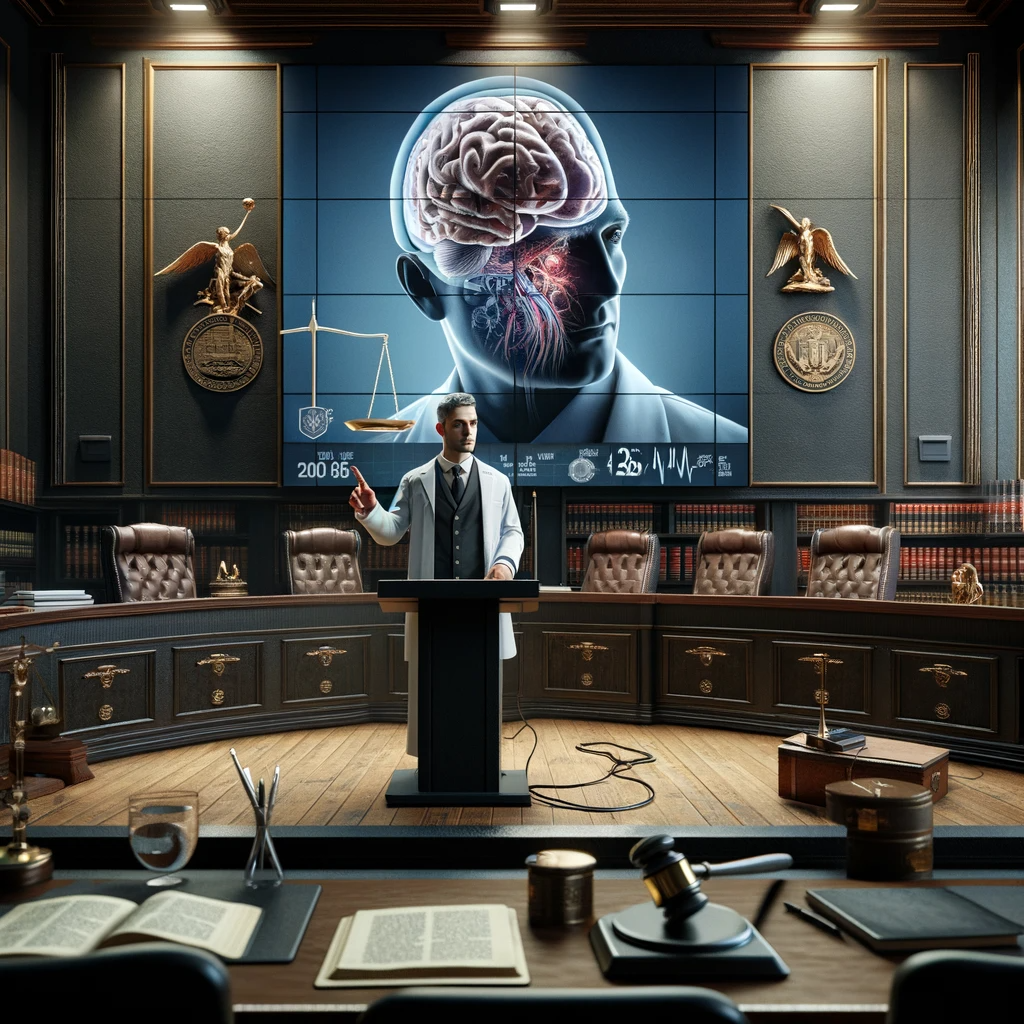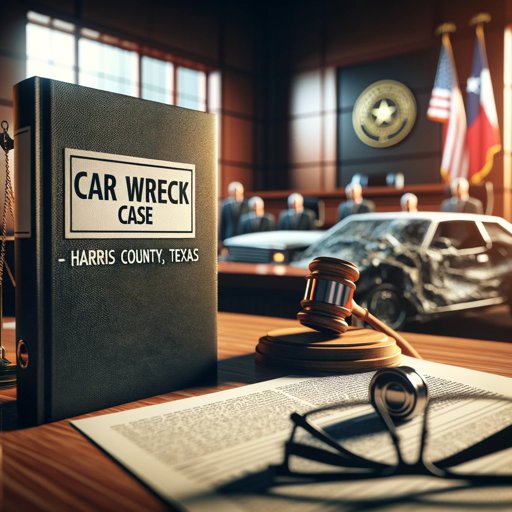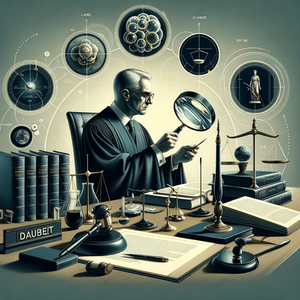Note: nothing in this post should be considered legal advice. You should hire and consult with your own attorney if you are seeking legal advice of any kind. In the legal world, the evergreen retainer stands out as a cornerstone for ensuring continuous collaboration and financial stability between expert witnesses and attorneys. This article delves into what an evergreen retainer is and why it’s pivotal for expert witnesses to incorporate this provision into their retainer contracts.
Understanding Evergreen Retainers
An evergreen retainer is a financial arrangement in an expert witness retainer contract that maintains a constant prepaid balance. This type of retainer requires the client to replenish the fund to a set amount whenever it dips below a specified threshold. The goal is straightforward: to guarantee uninterrupted services and financial security for the expert witness.
The Mechanics of Evergreen Retainers
Here’s how it works: The contract outlines a minimum balance for the retainer. Once the expert’s work consumes this balance, the client promptly restores it to the agreed level. This cycle ensures the expert is always pre-funded for their upcoming efforts.
The Importance of Evergreen Retainers
Continuous Financial Assurance
For expert witnesses, the evergreen retainer ensures a steady flow of income. It removes the uncertainty of when and how much they’ll get paid, allowing them to focus on delivering high-quality insights and testimonies.
Streamlined Administrative Tasks
Evergreen retainers simplify billing processes. Experts spend less time tracking payments and more on their core responsibilities. This efficiency not only benefits the expert but also streamlines operations for the hiring party.
Strengthened Client-Expert Relationship
This retainer model fosters a trusting, reliable partnership. Clients show their commitment to the expert’s contributions, while experts demonstrate their dedication to the case’s success.
Enhanced Project Continuity
Evergreen retainers mitigate the risk of project interruptions due to payment issues. They ensure that experts remain engaged and available, providing their critical services without delay.
Best Practices for Evergreen Retainers
Clear Communication
Experts should discuss the evergreen retainer’s specifics upfront with clients, ensuring mutual understanding and agreement on the terms.
Detailed Contract Clauses
The retainer agreement must explicitly define the minimum balance, replenishment process, and conditions for terminating the evergreen clause. Clarity here prevents future misunderstandings.
Regular Financial Reviews
Both parties should periodically review the retainer balance and expenses. This practice helps maintain transparency and trust.
Conclusion
Evergreen retainers in expert witness contracts offer a win-win for both legal professionals and expert witnesses. They provide financial stability, administrative convenience, and foster stronger, more reliable professional relationships. By prioritizing evergreen retainers, expert witnesses can secure their financial footing while dedicating their expertise to advancing legal cases. For those in the field, adopting this retainer model is not just a strategy—it’s a cornerstone for successful, long-term collaboration.
